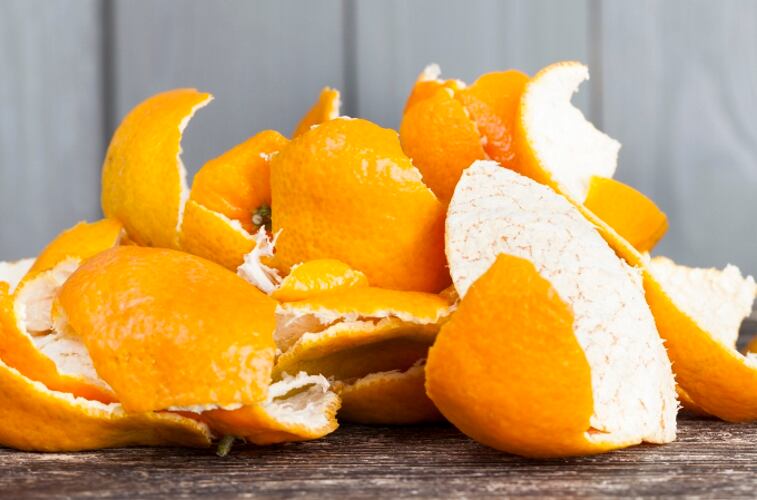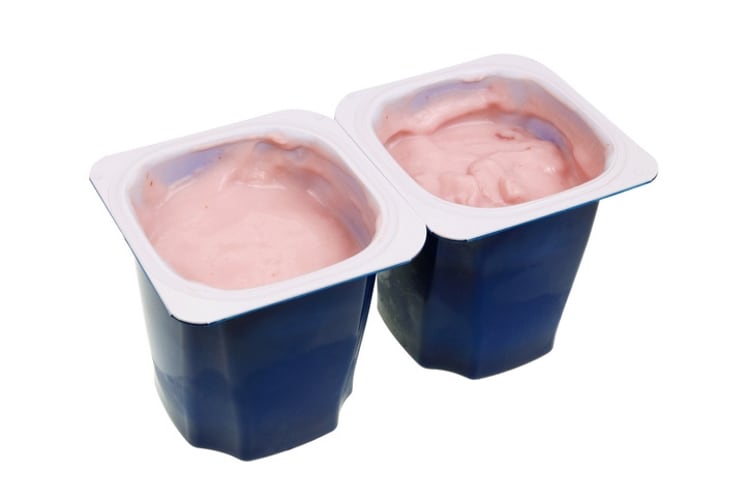The carbon footprint of plastic bottles can be lowered by 50% when replacing the raw PET material with PEF polymers, which also provides a better shelf life for food.
“In the near future, you may buy orange juice in bottles that are made out of orange peel. VTT’s novel technology provides a circular approach to using food waste streams for high-performance food packaging material, and at the same time reducing greenhouse gas emissions,” Professor of Practice Holger Pöhler from VTT said.
PET and other polyesters are being widely used in food packaging, plastic bottles and textiles. The annual production of PET products is estimated at 30m tonnes. Replacing fossil-based PET with plant-based PEF polymers can lower the carbon footprint of the products by 50%.
Also, the barrier properties of PEF plastics are better than PETs, so the food products have a longer shelf life. PEF is a fully recyclable and renewable high-performance plastic. Therefore, VTT said, it opens up possibilities for food and beverage producers to reduce waste and to have a positive impact on the environment.
VTT’s technology has advantages for making bio-based PEF plastics. The technology uses a stable intermediate for the production of FDCA (2,5-furandicarboxylic acid), one of the monomers of PEF, which enables an efficient process. In addition, utilizing pectin-containing waste streams opens up new possibilities for the circular economy of plastics, the research institute said.
VTT said its scale-up infrastructure from laboratory to pilot scale ensures the new patented technology will be brought to a technology readiness level that will allow polymer manufacturers’ easy transition to full scale.
Green Chemistry
A unique pathway to platform chemicals: aldaric acids as stable intermediates for the synthesis of furandicarboxylic acid esters
Nicolaas van Strien, Sari Rautiainen, Martta Asikainen, David A. Thomas, Juha Linnekoski, Klaus Niemeläa and Ali Harlina



